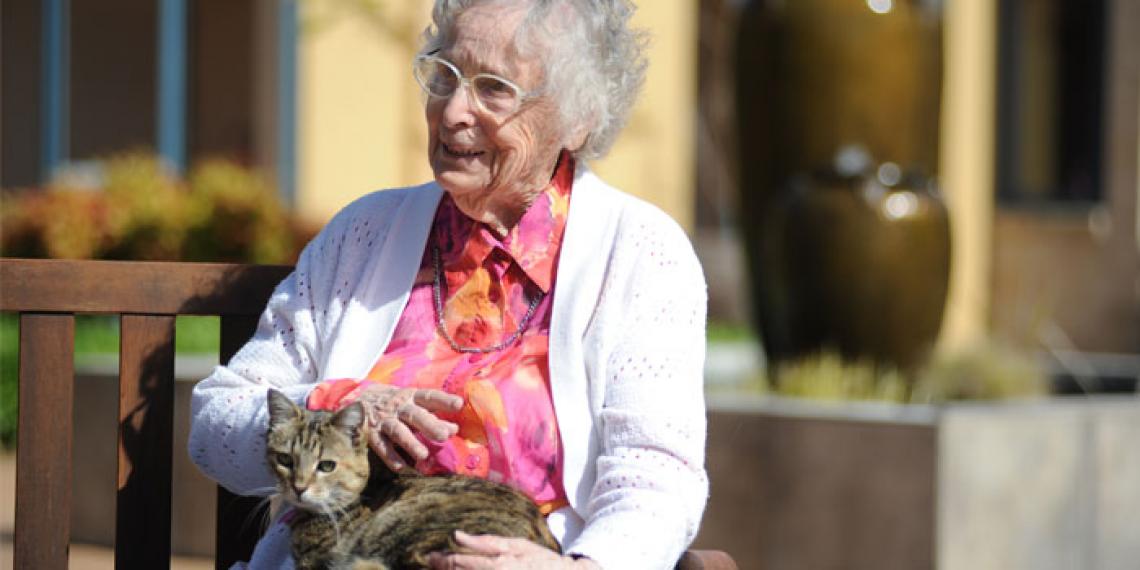You are here
Finding a Better Balance

> Download the Finding a Better Balance Report Report 2017 (PDF, 1.94MB)
Recruitment of citizens and residents as health care assistants—has driven the need to employ temporary migrants in their thousands into these positions. A recent survey of five major residential aged-care providers in Auckland found that more than one-quarter of their healthcare assistants were working on temporary so-called ‘Essential Skills’ migrant visas.
There are at least three difficulties with this arrangement. Firstly, it is not fair on the workers involved, mainly because they remain in New Zealand on a sequence of short-term visas but are never able to settle here and feel as though they belong. This is often despite the fact that they have made an economic and social contribution to New Zealand life, sometimes for more than a decade. Secondly, this arrangement is not entirely fair to the residents and patients cared for by these migrant workers. In general, the standard of care offered by these workers and the facilities in which they work in is excellent. However, the ongoing standard of care is under threat if the emerging shortage for skilled healthcare assistants is not addressed. This leads to a third difficulty: these skills and labour shortages are about to be exacerbated by recent changes in immigration policy.
This paper is offered by St Andrew’s Retirement Village and The Salvation Army’s Social Policy and Parliamentary Unit to highlight these difficulties and suggest changes that we believe will be more than just for the migrant workers concerned and also provide a sounder basis for providing residential aged-care services